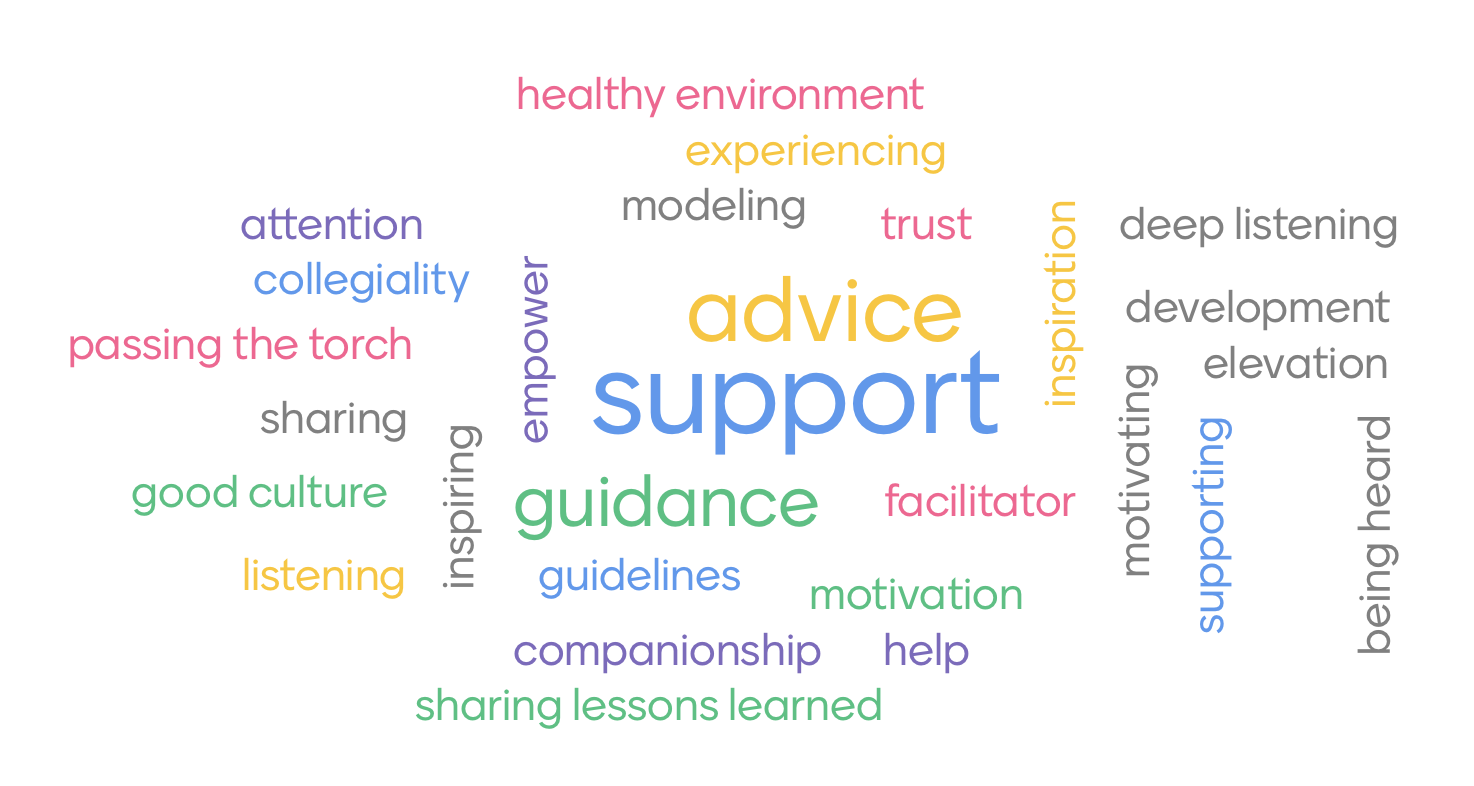In the context of its extensive work on ERA Action 4 (Research Careers) and related initiatives, as well as on ERA Action 3 (Reform of Research Assessment) and within CoARA, YERUN is organising a series of lunchtime events in June, dedicated to Early Career Researchers (ECRs).
The second event took place on 16 June 2023 and focused on Mentoring for Early Career Researchers.
Featured speakers included heads of services as well as researchers with expertise initiating and running mentoring programmes in three YERUN universities (Brunel University London, Maastricht University & the University of Limerick); the head of an organisation representing ECRs in Europe (Eurodoc); a senior member of an EU-funded consortium developing digital tools for mentoring in academia (under the OSCAR project); as well as YERUN’s Vice-president and Vice-Rector at Nova University Lisbon – see the full programme and list of speakers.
Here is a snapshot of the event:
The panellists looked into the different meanings and functions attributed to mentoring and offered examples of strategies for the promotion of mentoring in universities. Three key take-aways emerged from the discussions:
- Mentoring may serve different purposes, such as providing advice for career development & regarding the wider job market, facilitating onboarding & community-building, providing support in navigating specific professional difficulties or challenges, signalling other support resources, or promoting equality, diversity and inclusion in academic careers. Depending on needs, mentoring may be offered by peers or by other university members at different levels of seniority. It may take place within or across faculties or university services, or even across sectors.
- There are limits to what can be expected of mentoring. Clear guidelines and ground rules may help both mentees and mentors understand how to make the most of their time together and indicate other forms of support where applicable. Mentees may benefit from having different mentors for different purposes or at different stages of their careers. Enablers include developing a wide and diverse pool of mentors, while promoting mentee agency in following their mentoring path.
- Promoting mentoring initiatives and developing a culture of mentoring in universities comes with challenges. Mentors, especially those recruited among senior staff, may face significant time-constraints preventing them to engage sustainably in mentoring. Practical difficulties also arise at the point of finding the best matches for mentees. Together with training modules, adjustments in career assessments and incentives targeting mentors may help, such as offering appropriate recognition to mentoring activities and taking them into account in the allocation of duties. Complementary support and tools for matchmaking may be offered through digital resources and the use of AI.
YERUN will keep following up on new developments in the field of mentoring and keep up with the initiatives developed by its members on this topic.
We look forward to continuing the conversation on ECRs on 23 June, with a high-level discussion of funding schemes and their implications for early academic careers.
.
Please find below all the presentations given at the event:
- Inma Andrés – Student Programmes Manager & Research Advisor, Brunel University London
- Aurélie Carlier – Tenure-Track Associate Professor at the MERLN Institute, Maastricht University; Co-founder and vice-chair of FEM – Female Empowerment Maastricht University
- Alison O’Regan – Head of Learning and Development, University of Limerick
- Francisco Valente Gonçalves – Director, RUMO – Mental health online platform


